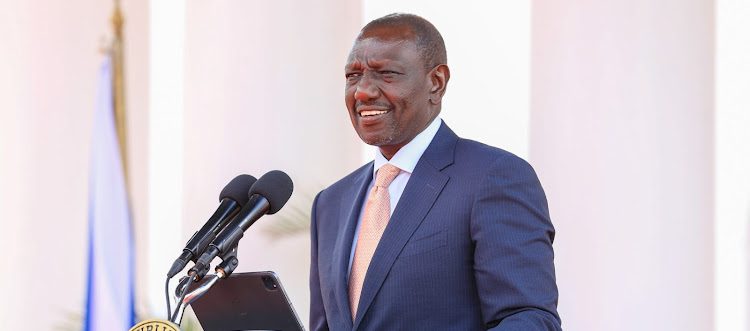If there’s anything to take from today’s live broadcasts and Friday shows dissecting the 2025 Finance Bill, it’s this:
The government is treading on thin ice – aware that one misstep could cost not just public goodwill, but also political capital.
This year’s Finance Bill isn’t shouting at you.
It’s whispering – strategic, calculated, even a little bit sheepish. Gone are the days of audacious tax proposals that stoked national outrage.
In their place is a subtler strategy: expand the base, tighten compliance, trim fat. No dramatic new taxes. No theatrical budget hikes, but the results are still the same.

Digital Media, Idle Land and Eco Dreams
One of the more quietly controversial moves is the proposed 16% VAT on digital media – think Netflix, Spotify, and yes, even your internet radio.
In a country where the youth retreat into online spaces for escape, learning, and hustle, this feels more like a creeping intrusion than a revenue solution.
And with digital freedoms already under pressure, taxing them might feel like double jeopardy.
Another quiet storm brews in the countryside, where landowners with idle property might soon face new levies. The logic? Unlock productivity and curb speculation.
The fear? Overreach, bureaucracy, and exploitation in counties where titling remains a bureaucratic nightmare.
Then there’s the eco-levy – a noble idea if executed right, but currently raising eyebrows for its vague definitions and lack of clarity on who actually foots the bill: manufacturers, importers, or consumers?
Drawing the Line on Personal Financial Data
Perhaps the most incendiary aspect – surfacing repeatedly on today’s talk shows – is the proposal to give the Kenya Revenue Authority broader access to your personal financial data.
That’s right: MPESA records, bank transactions, maybe even your loan apps. All in the name of improving compliance.
For a public still reeling from privacy breaches and digital surveillance fears, this is fuel to a smouldering fire. Critics argue that fighting tax evasion shouldn’t mean policing every citizen’s mobile wallet.
Where do we draw the line between smart enforcement and state overreach?
A Kinder, People-Conscious Budget
The government is presenting this as a people-conscious budget – one that respects last year’s revolt and retreats from aggressive taxation.
But seasoned economists warn: if revenue targets fail, we could see supplementary budgets and sneaky amendments by November.
And as Kenya commits to capping its fiscal deficit at 4.5% of GDP, questions linger. Is that target realistic? Or is it the kind of political optimism that fades once the books stop balancing?
Public Participation and Performance
Public submissions on the Bill are open until May 27, but skepticism remains.
On radio shows and social media, Kenyans are asking: does public input actually shape final outcomes, or is this a box-ticking ritual?
There’s also a growing demand to digitize public participation – make it inclusive, mobile-first, and truly accessible.
Financial Bill that’s also a Social Barometer
The 2025 Finance Bill isn’t just a fiscal instrument – it’s a mirror. It reflects our anxieties about governance, privacy, digital life, and national direction.
Whether it inspires confidence or cynicism will depend on what happens next: not just in Parliament, but in the public square.
One thing is clear though.
The Kenyan citizen is awake, alert and no longer fooled by fine print.


